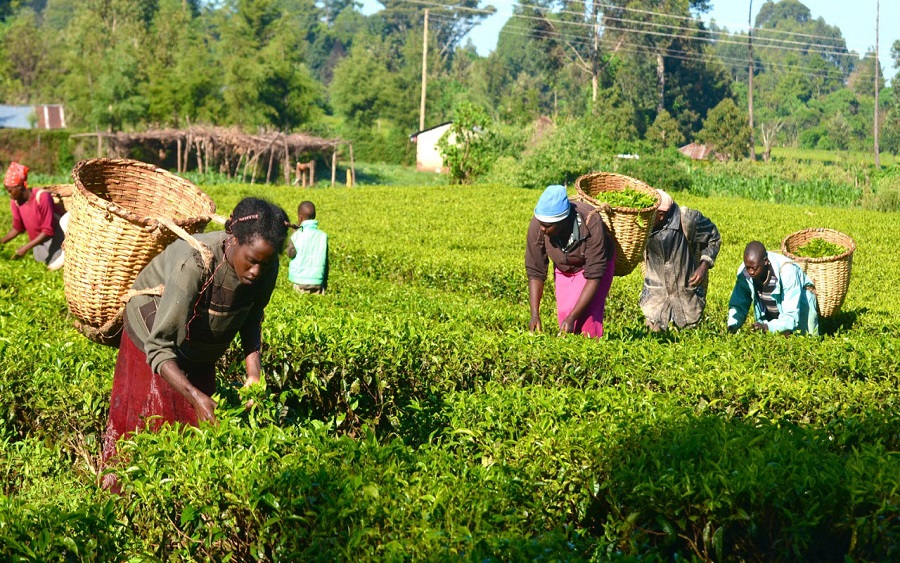Some weeks ago, I was musing about food prices and my good friend Kayode Bakare called and asked me and quoted @akin_adesina “Africa is not going to have a food crisis”, taking into account that Africa imports 30 million tons of grains, mostly wheat and corn which will probably not be available due to the Russia/Ukraine war.
I answered in the affirmative, but averting a crisis means one must have a clear line of action, within time frames that convey the urgency of the situation, clearly outlining the intended KPIs.
It is very hard to be enthusiastic about the current state of affairs, unfortunately, despair isn’t a commodity we can’t afford at the moment. So what do we do? We follow a plan, a plan called the “Hi 5” because it is with planning that we avert a crisis.
Considering the Wheat, Maize, and Soybean shortages Nigeria is facing, our plan should be hinged on increased productivity per acre of both Smallholder Farmers and Commercial ones. Africa accounts for 65% of the remaining arable land in the world and Nigeria has 13%
Without data, you can’t plan.
Africa’s grain shortfall in tons is as follows:
- Wheat – 11 million
- Maize – 18 million
- Rice – 6 million
- Soybean – 2.5 million.
Producing these shortfall numbers is our starting point.
Starting with smallholder farmers. They need affordable mechanisation which enables them to save the time it takes to prepare land and plant crops, giving them the advantage of increasing plant population, which leads to higher yields.
Aggregation and Extension services. High yield drought-resistant seeds, climate-smart techniques for improved water management, and offtakers agreement (guaranteed reserve buyers) are part of the tools to increase production.
I’ve often gone hard on Federal Government policies on food production, unfortunately, our biggest albatross starts with state governments and local governments.
If 36 states in Nigeria were to provide individually between 5,000 -10,000 hectares strictly for commercial grain farming, here are the figures we could achieve in a year with or without irrigation.
- Maize – 1,300,000
- Soybean – 338,000
- Rice – 4,017,000
- Wheat – 468,000
The clock is ticking and the time starts now, whilst politicians and politics have taken centre stage, Nigeria has over 17 million people classified as famine endangered. There is a 30-month window to reverse the double-digit food inflation numbers. This shouldn’t be seen as a plea but as a call to arms or we won’t be able to reverse it until 2028.
The impact of high food prices and its fallout on security and governance can’t be measured.
Akingbala Adetokunbo, Head Value Chain/Business Development at PosterVillam Ltd.
